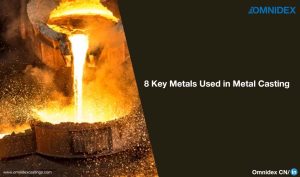
We are always ready to help with your latest project.
Contact our Customer Service and let us know how we can help to catapult your next project to success.
During Die Casting Process, the temperature can affect mechanical properties to a certain extent. It is crucial as it affects both metal flow and casting quality. High temperatures may also cause damage to the mold, leading to other defects. To achieve the optimal quality and mechanical properties in precision die casted piece, it is important to choose the right material, but temperature also plays a huge part.
Die casting alloys tend to be more temperature-sensitive than brass, iron, or steel, making them an important consideration during replacing those components. In contrast, die casting is usually less sensitive to temperature than injection-molded plastics, so designs may often be simplified when converting from those materials.
In general, as temperature increases, both tensile and yield strength decrease in most die casting alloys. On the other hand, ductility usually increases with casting temperature but is more influenced by the type of material (for example aluminum is usually less ductile than zinc).
Temperature control is essential for keeping parts of the highest quality. When the molten metal temperature exceeds the mold temperature, it may damage it by prematurely heating the mold steel.
While a cold mold could result in too rapid a cooling of the metal as it is poured into the mold, resulting in defects related to porosity or surface faults on the casting.
The best temperature is typically around 50-70 C° higher than the alloy’s initial crystallization temperature, although this may vary depending on the alloy used. This can ensure smooth metal flow into the die without risking damages to the die it.
Calculating temperature and chamber usually requires complex calculations and needs to be determined by casting engineers with the help of proper simulation software. All of these factors must be kept within an optimum range for the highest quality of die cast products.
The following table illustrates how temperature affects the mechanical properties of aluminum, magnesium and zinc alloys as follows:
Typical examples of how temperature affects die casting materials include the following:
Aluminum is the most popular metal used in die casting. There are different types of aluminum alloys commonly used for die caste products, such as 360, 380, and 413. In the case of aluminum 380, at 75 C°, its tensile strength is at 330 MPa, and yield strength at 165 MPa.
If we increase the temperature up to 212 C°, then its tensile strength decreases to 310 MPa and yield strength stays constant at 165 MPa. For aluminum 390, yield strength ranges from 282-124 MPa if we increase the temperature up to 500 C°.
Zinc is also one of the most popular die casting alloys. The three most common zinc alloys include Zamak 3,5 and 7. They have an average 275 MPa yield strength at 75 C° and a 69 MPa yield strength at 275 C°. Other zinc alloys also show a similar decline in yield strength with an increase in temperature.
Magnesium alloys are popular as well , as they are generally light with unique fluidity properties. In the case of AZ91D magnesium alloy, the tensile strength is 142 MPa at 680 C°, this drops to 103 MPa if the temperature increases 100 C°. Similarly, yield strength also decreases from 123 MPa to 94 MPa with the same temperature change.
At Omnidex, we take the issue of temperature control when it comes to die casting very seriously. We are highly experienced with keeping our materials and equipment at the right temperature for this type of casting. Additionally, we use state-of-the-art technologies and techniques to maintain the die temperature during the process.
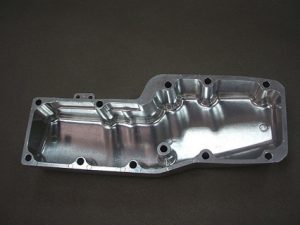
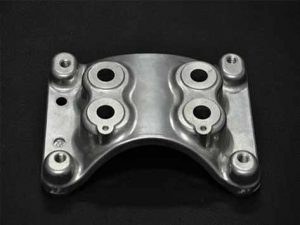
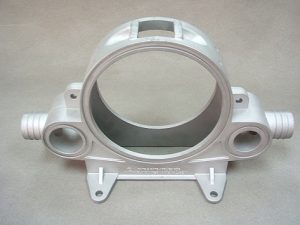
While our Engineers are experienced in critical temperature ranges and temperature control. With our premier productions, you can rest assured with our that you will get metal parts that fit perfectly and look great, every time. Since we began die casting metal parts over 19 years, we have maintained the most trusted name in the industry thanks to our commitment to quality.
Contact us today to find out more about our services and what we can do for your business and projects.
Omnidex is a World-Class Manufacturing and Engineering company that produces high quality, porosity-free casting products which are trusted by companies across different industries. Throughout the whole process, from product development to delivery, we strive to provide you with unwavering support. Providing you with unmatched diverse capabilities and experience, we help you overcome any obstacle.
Contact our Customer Service and let us know how we can help to catapult your next project to success.
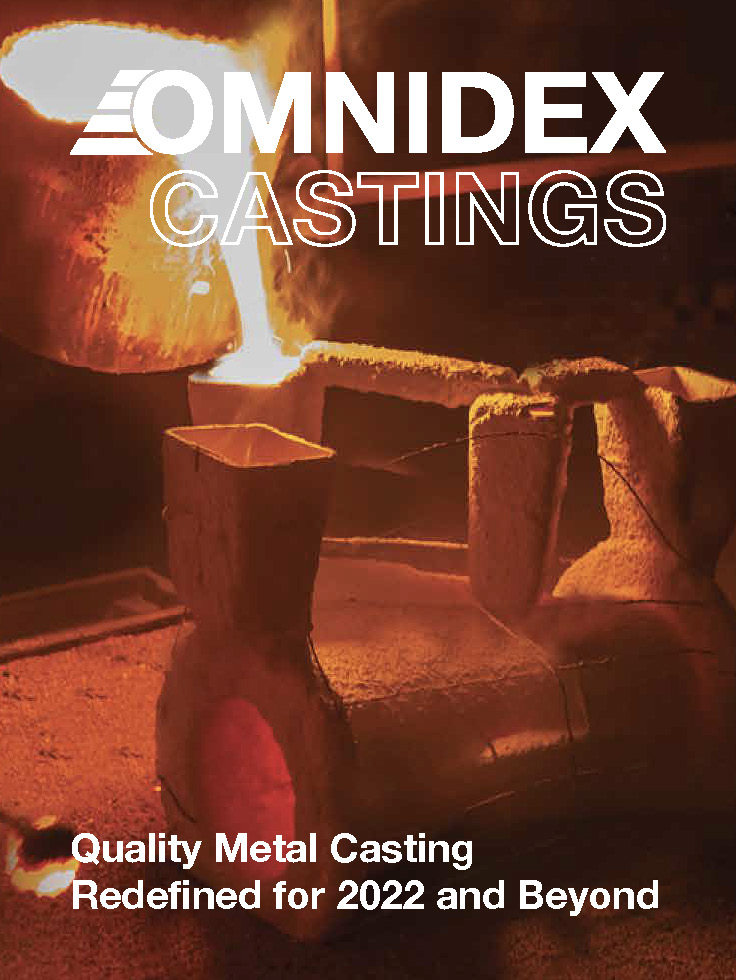
If you are looking for metal casting services, our brochure is a great way to discover what Omnidex has to offer. You can download HERE or EXPLORE HERE to learn more.

This website uses cookies so that we can provide you with the best user experience possible. Cookie information is stored in your browser and performs functions such as recognising you when you return to our website and helping our team to understand which sections of the website you find most interesting and useful.
Strictly Necessary Cookie should be enabled at all times so that we can save your preferences for cookie settings.
If you disable this cookie, we will not be able to save your preferences. This means that every time you visit this website you will need to enable or disable cookies again.